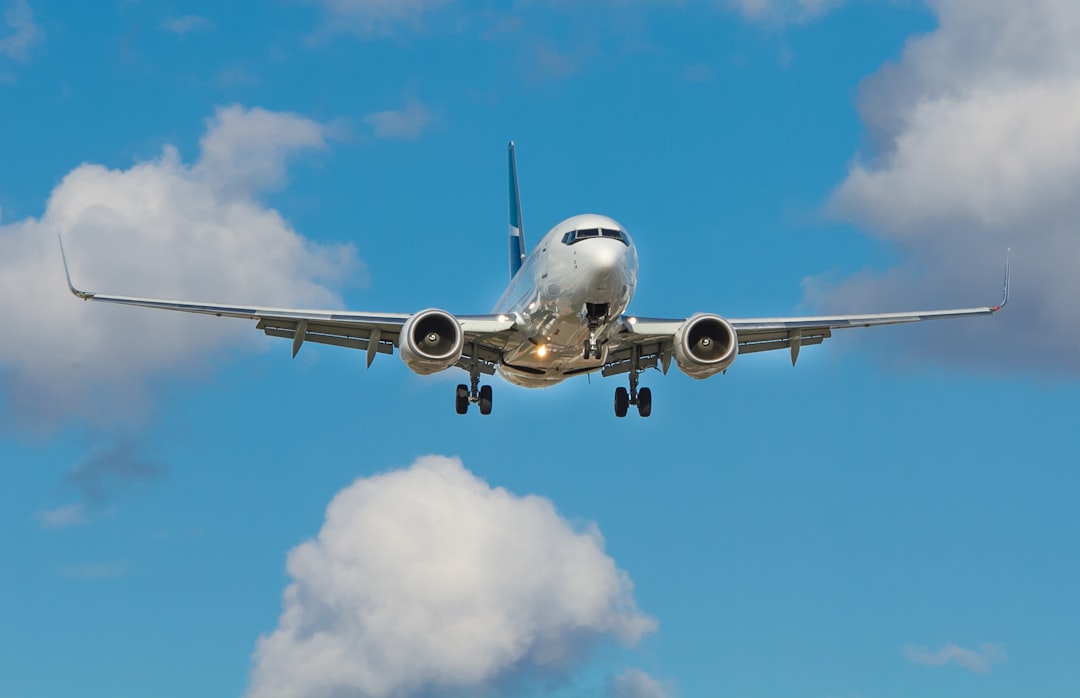Malaysia Aviation Group (MAG), the parent of Malaysia Airlines, is in talks with Boeing (NYSE:BA) to acquire delivery slots for 737 MAX jets that could become available if Chinese carriers stop accepting them, MAG’s managing director told state news outlet Bernama.
What’s Happening
-
Returning Jets: Boeing appears to be recalling some 737 MAX aircraft from China, where they were en route for delivery to local airlines.
-
Tariff Fallout: The move may be linked to escalating U.S.–China trade tensions and heightened export restrictions.
-
MAG’s Opportunity: MAG is negotiating with Boeing to “take over those slots,” potentially advancing its delivery schedule.
Why It Matters
-
Global Supply Bottlenecks: Post‑pandemic production delays, a recent labor strike at Boeing, and enhanced regulatory scrutiny have stretched delivery timelines for many carriers.
-
Fleet Renewal Plans:
-
MAG aims to field a narrow‑body fleet of 55 new‑generation 737 MAX jets by 2030.
-
In March, it ordered 18 MAX 8 and 12 MAX 10 aircraft, plus options on 30 more.
-
It also has a lease deal for 25 MAX jets with Air Lease Corp (NYSE:AL).
-
-
Funding Requirements: Any extra slot acquisitions would be financed separately, likely via additional capital‑market raises outside MAG’s existing Air Lease arrangement.
What’s Next
Investors and industry watchers will be watching for formal approvals of any slot transfers and updates on Boeing’s order book—and how MAG plans to finance the accelerated delivery schedule.
To track amendments to Boeing’s delivery contracts and other corporate filings, you can consult the
🔗 SEC Filings API from Financial Modeling Prep.
This resource provides timely access to SEC disclosures that detail order changes, regulatory filings, and other material developments.
MAG’s proactive bid for vacated delivery slots underscores the intense competition among global airlines to secure scarce new‑aircraft capacity—even as macro headwinds and geopolitical risks reshape fleet strategies worldwide.




